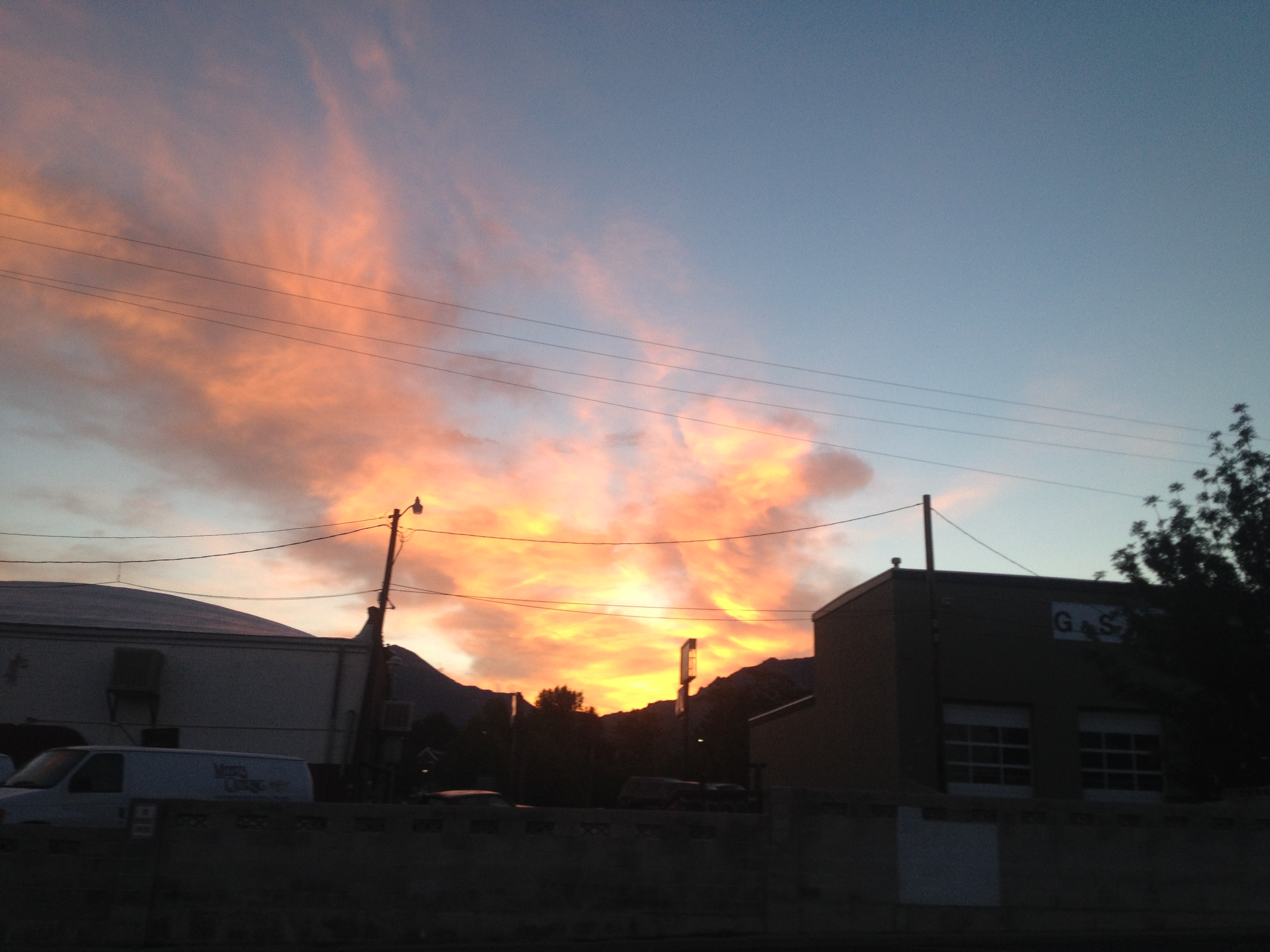 This is what the sky looked like this morning in Holladay at 6:15 A.M. right before morning run w/ Sue Oldroyd and Cokie Price. We thought it looked like fire coming up out Millcreek Canyon.
This is what the sky looked like this morning in Holladay at 6:15 A.M. right before morning run w/ Sue Oldroyd and Cokie Price. We thought it looked like fire coming up out Millcreek Canyon.
It has been such a relief since I got the good news that my brain looks like it’s healing with no sign of cancer. I feel like a miracle has occurred and want to live my life worthy of this miracle. This last week, since it was our Pioneer Days Holiday in Salt Lake, I started to research my ancestors who crossed the plains and I found that I have 40 direct (great and more great) grandparents who crossed the plains en route to Salt Lake City by wagon or hand-cart between 1847-1864. The oldest individual was 75 and the youngest just 4. Some of their stories are written and so I had an incredible time reading about their lives and what kinds of sacrifices they made. I had no idea the number was so large, pioneers who gave up their lives from all over the world, to walk and travel 1500 miles to a place where they could worship as they pleased. They were looking for a better life. They had been converted to a new religion, a new way to view the world and they sacrificed so much in the hopes of more than they had. Some stories were recorded about their experiences but many were blank, just a birth date, death date including place. I so wanted to know their stories, their discouragements and their positive experiences. And I loved reading new stories that I had never heard before. How did these stories get lost or just not passed down? Today, I looked at the morning sky and felt so grateful that they sacrificed for me so that I could live in this beautiful place with all the conveniences that I enjoy. Mostly, I’m grateful that I can practice a religion I love.
I’m including in this blog a piece on Huffington Post regarding how important it is to pass stories to our children. The benefits are amazing. We should all be telling our families about the wonderful people who came before us. Hopefully, every family has some amazing ancestors, right?
From the Huffington Post:
Since the publication on Sunday, March 17 of Bruce Feiler’s New York Times column entitled “This Life: The Stories that Bind us,” Robyn Fivush and I have received a large number of requests for what he referred to as the “Do You Know Scale” (DYK). The DYK comprises 20 questions seeking knowledge about family history. The major criterion for inclusion in this set of questions was that they test knowledge of things that children could not possibly have learned first hand, either because they happened before the children were born or they involved family members that were less familiar to them than parents and grandparents. Given this limitation, the children who knew the information would therefore have had to receive it from others through stories, writings or other indirect sources. As was mentioned by Bruce Feiler, in our research, higher scores on the DYK scale were associated with higher levels of self-esteem, an internal locus of control ( a belief in one’s own capacity to control what happens to him or her), better family functioning, lower levels of anxiety, fewer behavioral problems, and better chances for good outcomes if a child faces educational or emotional/behavioral difficulties.
I write this blog post because many people have written and asked us to send them the list of twenty DYK questions so they can be sure their children know what our test children knew. However, correlation is not causation. Simply knowing the answers to questions will not produce the good outcomes described above. The good outcomes as well as the knowledge of family history that the children possessed were all the result of something else. We have written about this “something else” in several publications and I quote from one of those publications here:
“If simply knowing family history could make for better states of well-being, some might propose (confusing correlation with causation) that we simply teach children various facts about their families and they will become stronger. Clearly, this approach would not work! Rather, it is our belief that knowledge of family history reflects certain processes that exist in families whose members know their histories. One such process is the communication of family information across generations; important questions about this process would include “Who is passing this information?” and “When is this information transmitted?” In our study of family stories at the Emory University Family Narratives Project funded by the Sloan Foundation, we found that family stories seem to be transferred by mothers and grandmothers more often than not and that the information was typically passed during family dinners, family vacations, family holidays, and the like. Other data indicated that these very same regular family dinners, yearly vacations, and holiday celebrations occur more frequently in families that have high levels of cohesiveness and that they contribute to the development of a strong sense of what we have called the intergenerational self. It is this intergenerational self and the personal strength and moral guidance that seem to derive from it that are associated with increased resilience, better adjustment, and improved chances of good clinical and educational outcomes.” — [Duke, M.P., Lazarus, A., & Fivush, R. (2008). Knowledge of family history as a clinically useful index of psychological well-being and prognosis: A brief report. Psychotherapy Theory, Research, Practice, Training, 45, 268-272.]
The 20 items of the DYK scale are provided below. However, please remember that these are only a representative sample of the kinds of questions that kids should be able to answer. You can make up others. The main criterion, as mentioned above, is that the questions are about things that the children could not have learned on their own or experienced directly. Each family will have different stories and different key moments and memories that are shared. It is not the content of what is known that is the critical factor, but the process by which these things came to be known. This process is, in our opinion, the causational factor. In order to hear family stories, people need to sit down with one another and not be distracted. Some people have to talk and some have to listen. The stories need to be told over and over and the times of sitting together need to be multiple and occur over many years. The most convenient times traditionally have been family dinners, family trips in the car, vacations, birthday gatherings, etc. As Bruce Feiler notes, however, given the complexities of modern family life families can also sit and talk over a snack after school or before everyone goes off to work, or at any other time that they can focus on each other. These gatherings — short or long — are at the heart of the process by which the intergenerational stories can be told and learned and through which children can grow stronger and healthier. No quick fix. No simply learning the answers to the questions. Just coming from a family in which the opportunities to learn family history and to create a family narrative are regular, multiple, predictable and inviolable. As Bruce Feiler implores in his book, ” The Secrets of Happy Families”: Talk. A lot.
The Do You Know Scale
Please answer the following questions by circling “Y” for “yes” or “N” for “no.” Even if you know the information we are asking about, you don’t need to write it down. We just wish to know if you know the information.
1. Do you know how your parents met?Y N
2. Do you know where your mother grew up?Y N
3. Do you know where your father grew up?Y N
4. Do you know where some of your grandparents grew up?Y N
5. Do you know where some of your grandparents met?Y N
6. Do you know where your parents were married?Y N
7. Do you know what went on when you were being born?Y N
8. Do you know the source of your name?Y N
9. Do you know some things about what happened when your brothers or sisters were being born?Y N
10. Do you know which person in your family you look most like?Y N
11. Do you know which person in the family you act most like?Y N
12. Do you know some of the illnesses and injuries that your parents experienced when they were younger?Y N
13. Do you know some of the lessons that your parents learned from good or bad experiences?Y N
14. Do you know some things that happened to your mom or dad when they were in school?Y N
15. Do you know the national background of your family (such as English, German, Russian, etc)?Y N
16. Do you know some of the jobs that your parents had when they were young?Y N
17. Do you know some awards that your parents received when they were young?Y N
18. Do you know the names of the schools that your mom went to?Y N
19. Do you know the names of the schools that your dad went to?Y N
20. Do you know about a relative whose face “froze” in a grumpy position because he or she did not smile enough?Y N





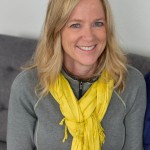
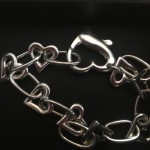
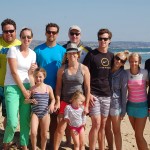
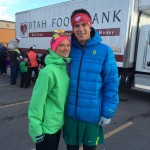
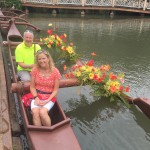
No comments yet.